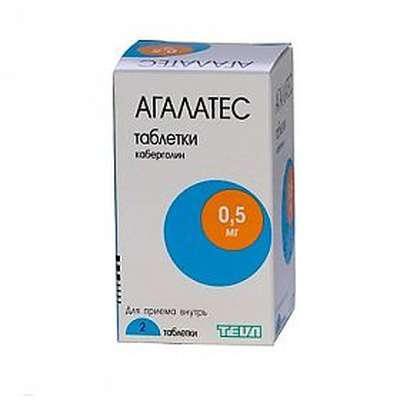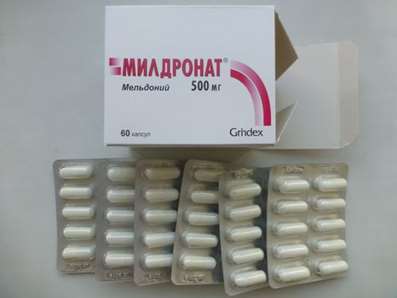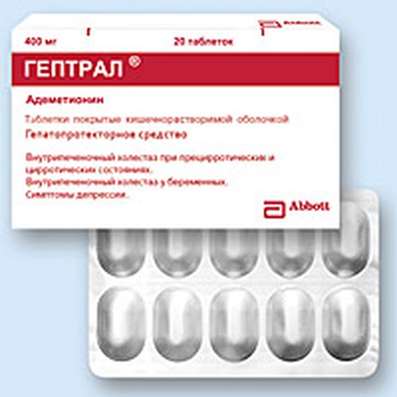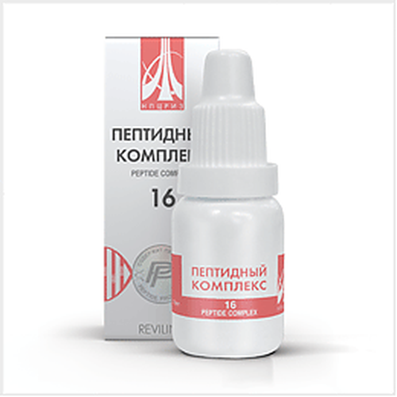Instruction for use: Thiamazole (Thiamazolum)
I want this, give me price
Pharmacological group of substance Calcitonin
Hormones of the thyroid and parathyroid glands, their analogs and antagonists (including antithyroid agents) / 67 /
Nosological classification (ICD-10)
E04.9 Non-toxic goiter, unspecified
The sporadic goiter, Non-toxic goiter
E05.9 Thyrotoxicosis, unspecified
tireotoksicski reaction, Enlargement of the thyroid gland with symptoms of hyperthyroidism, The phenomenon of iodine Basedow, Thyroid hyperplasia, hyperthyroid state, Hyperthyroidism, Thyroid dysfunction, Diffuse thyrotoxic goiter, The latent thyrotoxicosis, Increased thyroid function, thyrotoxicosis
Code CAS
60-56-0
Characteristics
An antithyroid agent. White or yellowish crystalline powder with a weak specific odor and bitter taste. Easily soluble in water and alcohol.
Pharmacology
Pharmacological action - antithyroid.
It blocks peroxidase and inhibits the processes of iodination of thyronine with the formation of triiod and tetraiodothyronine, reduces the incretion of thyroxin. The main metabolism is reduced, the excretion of iodides from the thyroid gland is accelerated, the reciprocal activation of synthesis and excretion of the thyroid-stimulating hormone by the pituitary is increased, which is accompanied by some hyperplasia of the thyroid gland.
When ingested quickly and almost completely absorbed. Cmax in plasma is achieved within 0.4-1.2 hours. With proteins, plasma blood is practically not bound. Concentrates in the tissue of the thyroid gland. Slowly metabolized in the thyroid gland, as well as in the kidneys and liver. Small amounts of thiamazole are found in breast milk. T1 / 2 - about 3-6 hours, with hepatic insufficiency increases. It is excreted by the kidneys (70% within 24 hours, 7-12% in unchanged form) and with bile. There was no dependence of pharmacokinetic parameters on the functional state of the thyroid gland.
Indications
Thyrotoxicosis, preparation for surgical treatment of thyrotoxicosis, for preliminary and intermediate treatment in addition to radioiodine therapy, postoperative relapse of thyrotoxicosis, nodular goiter.
Contraindications
Hypersensitivity to thiamazole and thiourea derivatives, agranulocytosis during previous thiamazole therapy, severe leukopenia or granulocytopenia, incl. Drug-induced; Cholestasis before treatment.
Restrictions for use
Skin allergic reactions to thiourea derivatives in the anamnesis, goitre of very large size with narrowing of the trachea (only short-term treatment in the period of preparation for surgery), hepatic insufficiency.
pregnancy and lactation
Thiamazole penetrates the placental barrier and in fetal blood can reach the same concentration as the mother. Due to the possible effects of thiamazole on the fetus, the drug should be given after full evaluation of the benefits and risks of its use in a minimally effective dose without additional taking levothyroxine. Doses of thiamazole, significantly higher than those recommended, can cause goiter and hypothyroidism in the fetus, as well as a reduced birth weight.
During the lactation period, the treatment of thyrotoxicosis with thiamazole can be continued if necessary. Since thiamazole penetrates into breast milk and can reach a concentration corresponding to its level in the blood of the mother, a newborn may develop hypothyroidism. Therefore, if it is necessary to continue treatment of thyrotoxicosis during breastfeeding, thiamazole should be taken in low doses (up to 10 mg / day) without additional taking levothyroxine.
Side effects
On the part of the intestine: nausea, vomiting, epigastric pain, impaired liver function, hepatitis, cholestatic jaundice.
From the cardiovascular system and blood (hematopoiesis, hemostasis): suppression of myelopoiesis (agranulocytosis, granulocytopenia, thrombocytopenia), aplastic anemia, hypoprothrombinemia (petechiae, bleeding).
From the nervous system and sensory organs: paresthesia, severe weakness, headache, dizziness, neuritis, polyneuritis, taste disturbance.
Allergic reactions: rash, hives, itching of the skin.
Other: fever, insulin autoimmune syndrome, generalized lymphadenopathy, sialadenopathy, alopecia, lupus-like syndrome, periarteritis, joint pain, muscle, hyperpigmentation of the skin, swelling, weight gain; Rarely - jade; Subclinical and clinical hypothyroidism (when taking high doses).
Interaction
The effect is increased by lithium preparations, beta-blockers (especially in the period of preparation for subtotal thyroidectomy), reserpine, amiodarone. With simultaneous use with sulfonamides, metamizol sodium and myelotoxic drugs, the risk of developing leukopenia increases. Leukogen and folic acid with simultaneous use with thiamazole reduce the risk of developing leukopenia. Gentamicin increases the antithyroid effect of thiamazole.
Additional Information
In patients taking thiamazole for thyrotoxicosis, after normalization of the thyroid hormone levels in the blood serum, it may be necessary to reduce the intake of cardiac glycosides, aminophylline, and increase the intake of warfarin and other anticoagulants, coumarin and indanedione derivatives.
Thiamazole + iodine-containing radiopaque agents
In the appointment of thiamazole after the use of iodine-containing radiocontrast agents in a high dose, the effect of thiamazole may be weakened.
Routes of administration
Inside.
Precautions
If the treatment is stopped too early, a relapse may occur. It is undesirable to carry out treatment if it is impossible to have regular medical supervision. Patients with a significant increase in the thyroid gland, narrowing the lumen of the trachea, thiamazole is prescribed for a short time in combination with levothyroxine, tk. With prolonged use, a possible increase in goiter and even more compression of the trachea. It is necessary to carry out careful monitoring of the patient (control of the level of TSH, lumen of the trachea).
During the treatment period, the peripheral blood picture should be monitored regularly. If during the treatment with the drug suddenly there is a sore throat, difficulty swallowing, fever, signs of stomatitis or furunculosis (possible symptoms of agranulocytosis), you should immediately stop taking the drug and see a doctor. When there are bleeding or bleeding of unclear genesis, generalized skin rash and itching, persistent nausea or vomiting, jaundice, severe epigastric pain and severe weakness during treatment, it is necessary to cancel the drug.
In rare cases, after the end of treatment, late hypothyroidism may occur, which is not a side effect of the drug, but is associated with inflammatory and destructive processes in thyroid tissue that occur within the underlying disease.

 Cart
Cart





